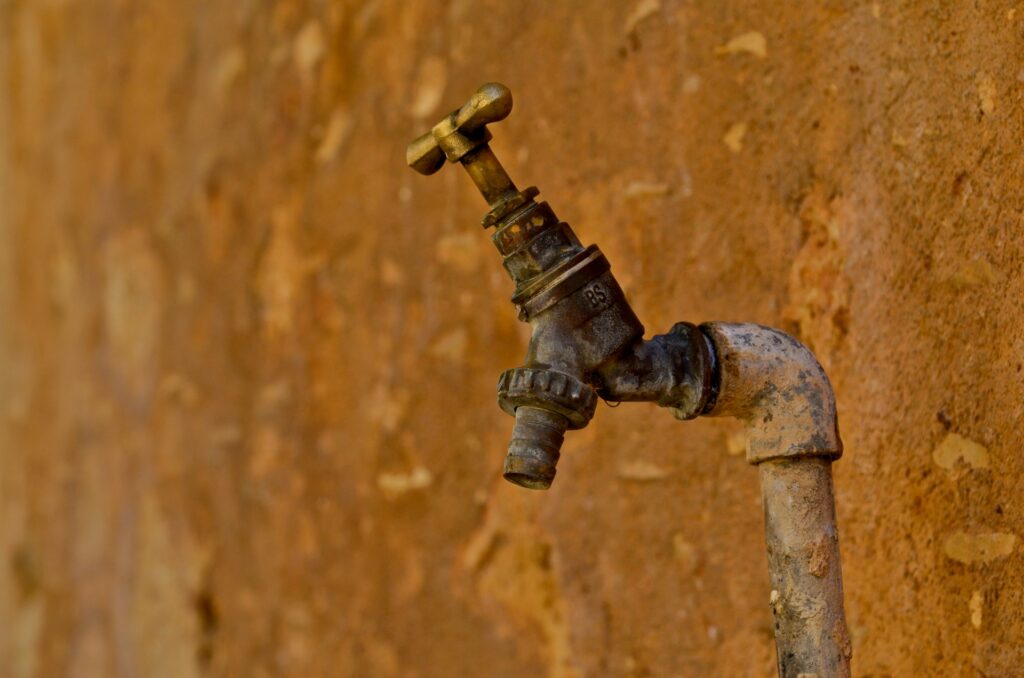Urban Water Scarcity: Solutions for Fast-Growing Cities
Many parts of the world face a widening problem of water scarcity within their urban areas.
Exponential urban development combined with environmental warming and poor water resource management systems produce significant stress on current water supplies.
The expansion of cities demands sustainable and equal access to water resources for sustaining economic development combined with public health needs and environmental security.
The following text explains why urban water shortages occur and presents revolutionary solutions for resolving this critical water shortage issue.
Understanding the Causes of Urban Water Scarcity
The regional water shortage in cities results from multiple natural and human-related components.
Solving this problem demands complete understanding of the actual causes because they guide the development of sustainable solutions.
1. Rapid Urbanization and Population Growth
When cities expand their population numbers and physical boundaries the water requirements grow at an extremely high rate.
The rising water requirements of residential, industrial and commercial sectors produce challenges for numerous urban areas as they attempt to manage their water requirements.
The situation becomes worse because inadequate infrastructure and old water supply networks lead to water shortages that create distribution problems.
2. Climate Change and Unpredictable Weather Patterns
Urban areas experience major water shortages because of changing climate conditions which cause long periods of droughts combined with unpredictable rainfall quantities.
The higher temperatures speed up water evaporation which decreases the water stored in reservoirs and lakes and underground aquifers.
Heavy weather patterns like floods and storms damage water management systems which causes water pollution together with supply problems.
3. Water Pollution and Mismanagement
Water contamination results from industrial trash along with sewage and agricultural polluted water which renders human use of it unsafe.
Water loss through outdated and faulty pipelines in various municipalities reaches high levels.
The use of water resources at homes and non-residential facilities contributes to higher stress on water supply infrastructure in cities.

Innovative Solutions to Urban Water Scarcity
Cities must introduce modern sustainable water management systems for managing their urban water shortage.
These solutions aim to enhance supply but also seek demand reduction while working to boost efficiency rates.
1. Sustainable Water Conservation Strategies
Actual water reserves require preservation to deal effectively with water scarcity. This can be achieved through:
- The collection along with storage of rainwater at domestic locations and industrial facilities creates major reductions in municipal water delivery needs. Chennai India has become successful with their required rainwater harvesting system which helps them solve their water problems.
- People should recycle grey water that drains from sinks and showers and washing machine use to create water for irrigation and toilet flushing systems thus saving fresh water sources. The large-scale wastewater recycling operations implemented by Singapore function as an exemplary model called NEWater.
- Water utility savings worth millions of liters per year can be achieved through investments in leak detection systems with automatic repair capabilities in the water distribution network.
2. Alternative Water Sources and Technologies
New water source exploration combined with advanced technology implementation functions to fulfill urban water needs expansion.
- Desalination plants located in coastal areas enable communities to create drinking water from the collected seawater through technological means. Desalination facilities provide essential water supply for Saudi Arabia together with the United Arab Emirates because these nations heavily depend on additional water sources.
- The process of atmospheric water harvesting includes air-to-water technology which extracts moisture from the air to produce drinkable water. Desalination technology has become more popular because it operates effectively in regions with sparse groundwater reserves.
- Urban areas implement underground water storage through managed aquifer recharge (MAR) systems to collect surplus rainwater which they save beneath the surface for dry period usage.
3. Smart Water Management and Policy Reforms
The combination of effective governance and digital technologies and community engagement leads to better water management in urban regions.
The introduction of a water price system based on usage rates helps people conserve water by applying rising costs to high-water consumption.
Wider adoption of incentives for water-efficient equipment alongside infrastructure modernization helps people use water responsibly.
The implementation of digital water meters allows users to monitor their water consumption through real-time data tracking that helps reduce usage at different locations.
The implementation of sophisticated water grid systems operates throughout Los Angeles to boost efficiency.
The Future of Urban Water Security
The combination of proper policies and technology development with community involvement will allow cities to succeed against their water scarcity issues.
Sustainable water management needs long-term strategies that Government and businesses and individual citizens must jointly create.
A combination of sustainable infrastructure investments alongside innovative methods alongside preservation initiatives will create a secured future water supply for descending generations.
The implementation of proactive sustainable measures creates prospects for urban areas to deliver clean accessible water for their entire population.
FAQ
1. What produces the most significant factors leading to water shortages in cities?
The combination of quick population increase together with changing climate conditions along with inadequate water management practices causes urban water scarcity. Inefficient utility systems along with water contamination and inconsistent rainfalls create additional obstacles for cities that must provide water for increasing demands.
2. Does the community play any role in addressing the urban water shortage issue?
Every person can reduce water wastage by repairing water leaks as well as selecting water-saving appliances and storing rainwater for their home requirements. Daily activities which include responsible irrigation management along with limited shower times help address urban water shortages directly.
3. Cities need which modern technologies to handle their decreasing water supplies?
Cities can enhance water management through the implementation of desalination processes together with rainwater harvesting systems as well as smart water meter technologies. The implementation of wastewater recycling together with leakage detection systems increases urban water supply sustainability through improved operational efficiency and minimized water loss.
Also read: The 15-Minute City Concept: Revolutionizing Urban Living


Some truly nice and useful information on this site, also I believe the design and style holds wonderful features.
You are very welcome. Thanks for taking the time to read it. We are so glad you found it helpful.